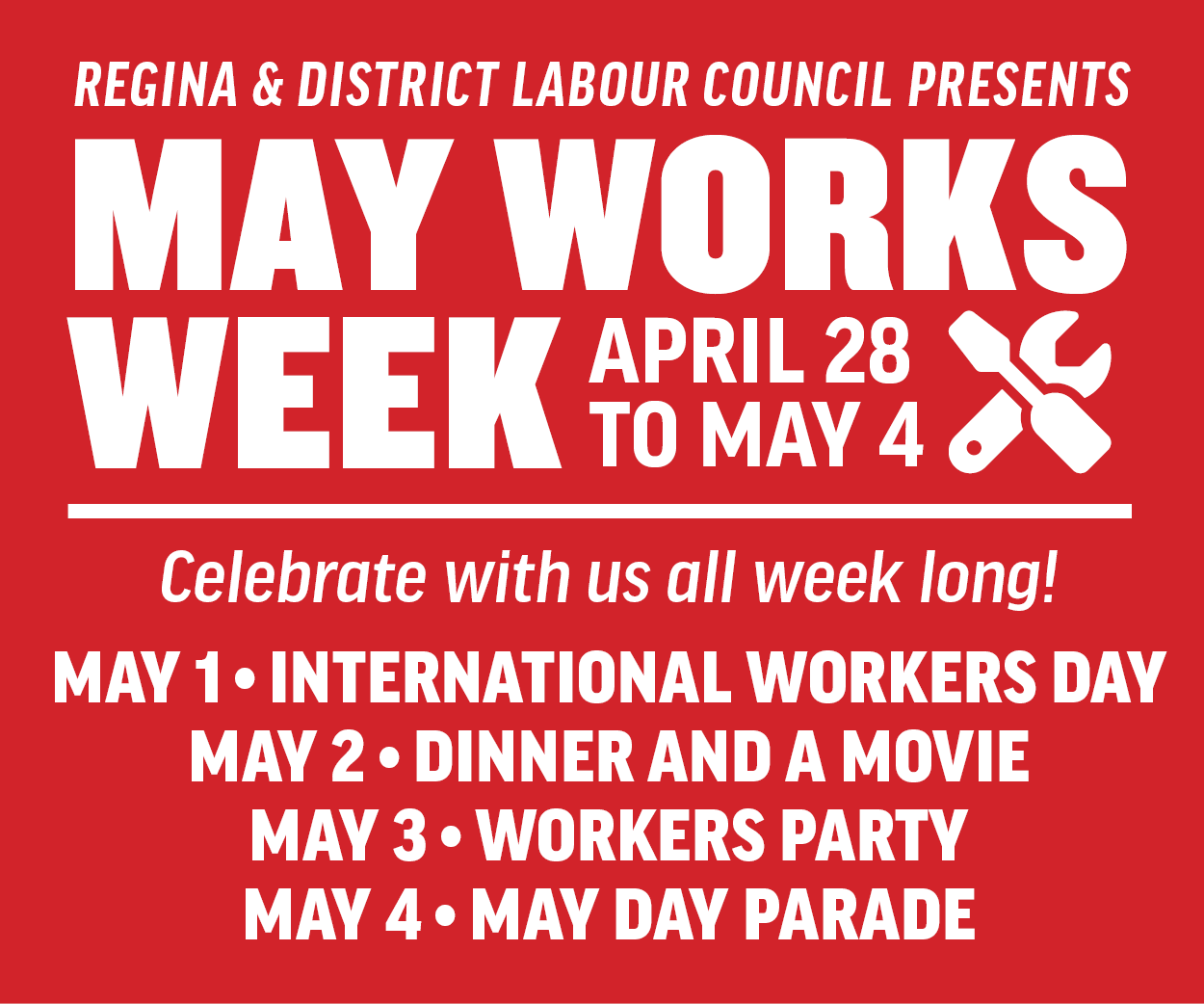 On Tuesday, the Saskatchewan government’s Ministry of Parks, Culture & Sport released the final report on consultations that were held this fall on the theme Moving Saskatchewan’s Cultural Industries Forward. The report was prepared by Winnipeg-based Probe Research Inc., and relies on information gathered through an on-line survey and focus groups which included participation from creative industries like film, music, digital media, publishing, visual art, craft and the performing arts.
On Tuesday, the Saskatchewan government’s Ministry of Parks, Culture & Sport released the final report on consultations that were held this fall on the theme Moving Saskatchewan’s Cultural Industries Forward. The report was prepared by Winnipeg-based Probe Research Inc., and relies on information gathered through an on-line survey and focus groups which included participation from creative industries like film, music, digital media, publishing, visual art, craft and the performing arts.
The report is 69 pages long, and can be accessed here. Reading the three-page executive summary, it seems that the creative industries, during the consultation, endeavoured to deliver a reality-check to the provincial government about the unique nature of the creative industries and the fact that their value to the province extends far beyond the significant (and growing) contribution they make to the economy.
Here’s one example from the report:
Overshadowing much of this discussion, however, was the strongly-held and widely-shared view among creative industry stakeholders that the Saskatchewan government’s recent decision to eliminate a refundable tax credit for film and television production was contradictory to the central goal of advancing commercial objectives in the creative sector.
As far as the government’s proposal to replace the refundable tax credit with a non-refundable credit that could potentially extend to other creative industries beyond film, the consultant had this to say:
Another proposed financial incentive — a non-refundable tax credit for all creative industries — was not regarded as a viable alternative. A non-refundable tax credit requires a taxable income: under this scenario, single-purpose film companies [which tend to be the model in the industry as each production involves different groups of funders and creative partners] would not collect this benefit, while those in other creative sectors indicated that they currently do not (or would not in the future) earn enough income to make this a worthwhile incentive.
One idea that was floated was the creation of an “investment pool” that would help provide the capital needed for artists and arts organizations to maximize their production and marketing potential. Grants were the preferred option, but loans and equity positions were also examined. Also, stakeholders stated that this pool should complement existing Saskatchewan Arts Board funding and not supplant it.
Another issue touched on was the future of the Canada-Saskatchewan Production Studio in Regina. Stakeholders suggested that the best option was to use the facility for the purpose it had been built for (i.e. as a sound stage for film and TV production). But they did agree that other creative industries like digital media and the performing arts could derive benefit from the studio as well.
The report is in the hands of ministry officials now. As of the time of this blog post, they had yet to release an official response. Presumably, they’ll spend some time reviewing the findings and then… who knows.




